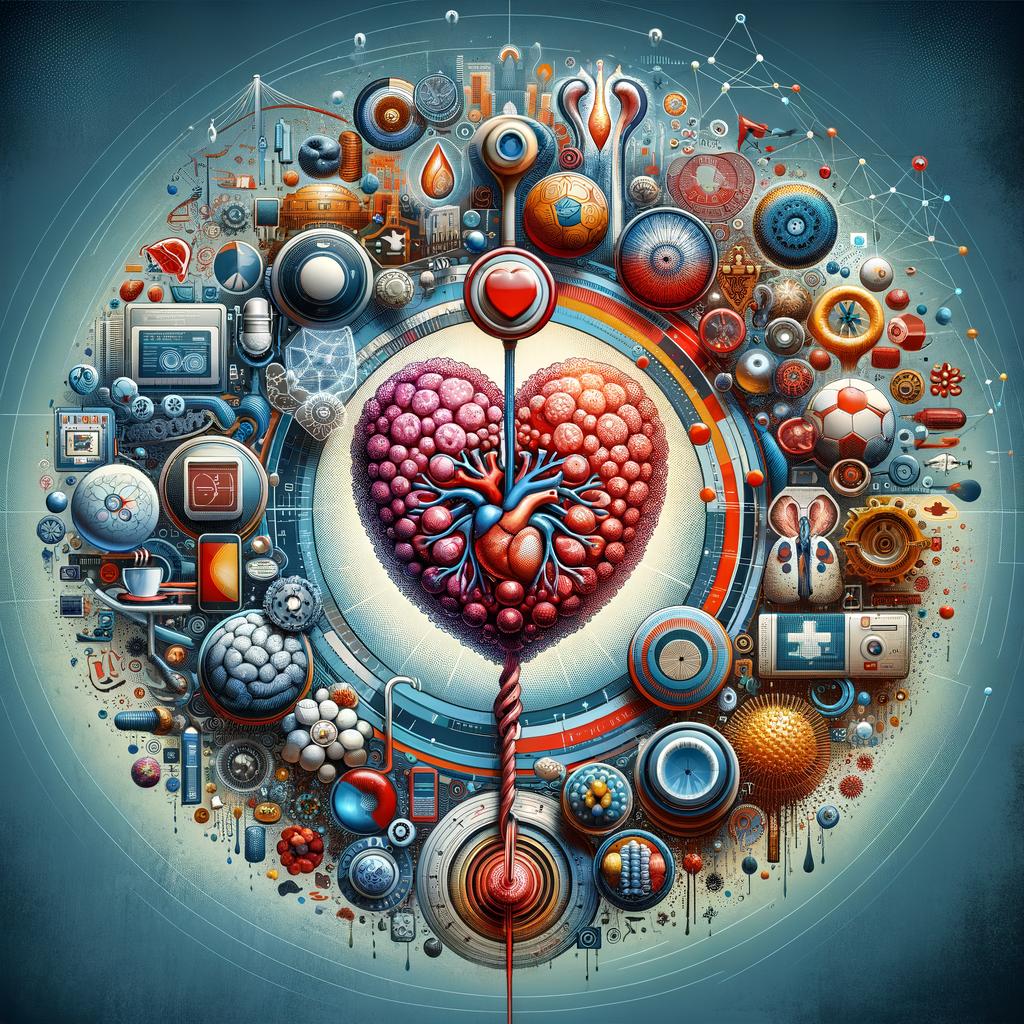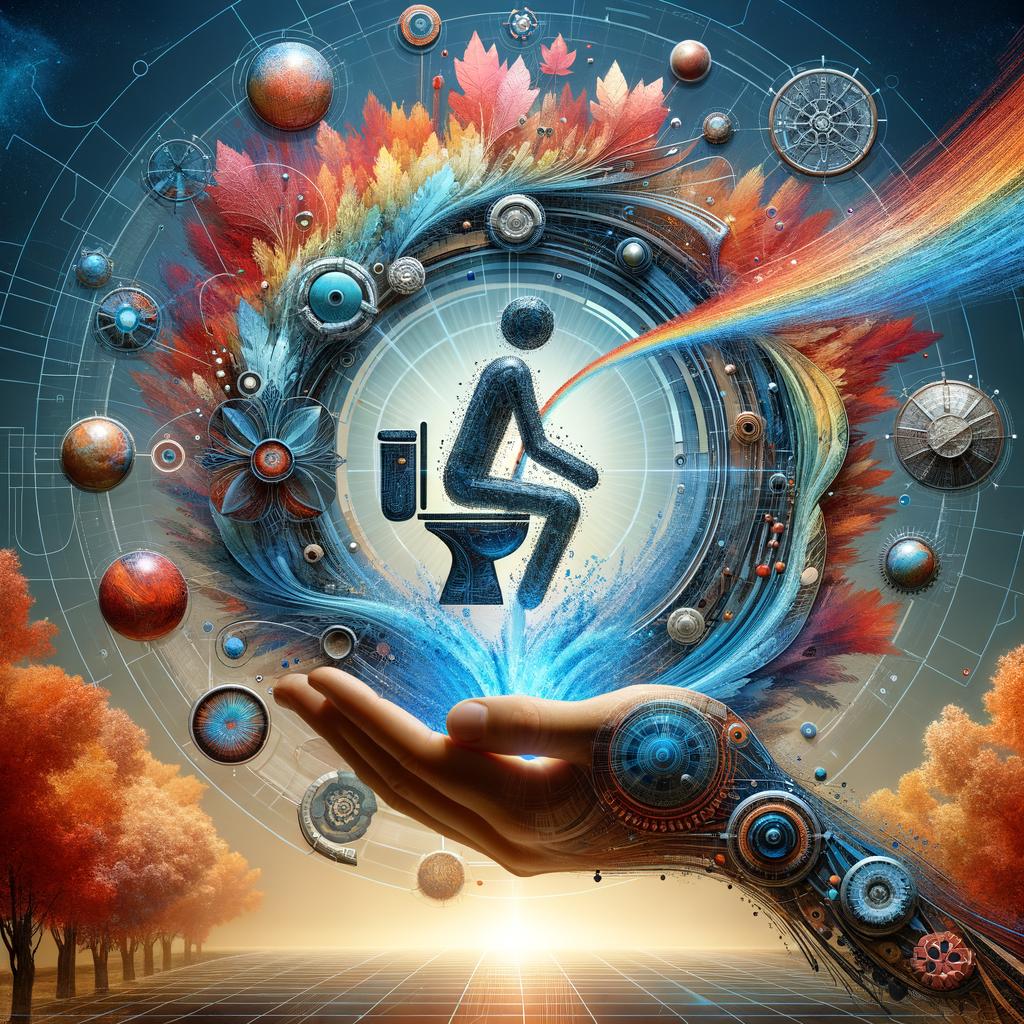
Understanding the Riddle of Frequent but Minimal Urination
Wondering what might cause frequent trips to the ‘loo while producing only a minimal amount of urine each time? The answer to this delicate question is multifaceted and subject to various factors. It may be attributable to different health or lifestyle factors. The main focus of this article will be to dive into the complexities underlying this occurrence, including potential causes, relevant signs and symptoms, and available management strategies. Sit back, relax and join us on this enlightening journey through the sometimes puzzling world of bladder behavior.
A Cascade of Causes
To start with, let’s shed some light on the common suspects behind this quirky restroom routine. While the issue may be as trivial as increased consumption of liquids, more concerning possibilities encompass medical conditions such as overactive bladder syndrome, urinary tract infection, or prostate problems in men.
Overactive Bladder Syndrome – An Unsettled Sea
Overactive bladder syndrome can literally keep you on your toes with its unpredictable demand for frequent urination. Imagine your bladder like the choppy sea, agitated and restless. Now, factor in the quirk that only a small amount of urine is produced each time, and you’ve got yourself a perfect storm of irritation.
Urinary Tract Infections – A Fiery Irritation
The pathway of urine, beginning from the bladder and channeling out through the urethra, is a no-nonsense unit designed for efficient and timely disposal of waste. However, when intrusive bacteria set up camp here, it flares up into an unpleasant urinary tract infection (UTI). This pesky infection can make the bathroom your new home, causing persistent urges to urinate, although the yield might be disappointingly little.
Prostate problems in Men – A Squeezing Issue
For men, the prostate gland is not just an organ but a potential site of discord affecting urination patterns. Conditions such as an enlarged prostate could potentially squeeze the urethra, reducing urine flow, and causing a feeling of an incomplete void, even after you’ve just finished a bathroom trip.
Identifying the Signs and Taking Action
While frequent urination with little output is one telltale sign, it’s often accompanied by other symptoms, like discomfort, nocturia (excessive night-time urination), or a burning sensation during urination. If you notice these signs, it’s crucial to seek medical guidance without delay.
Taming the Bladder – Rescue Routes
Thankfully, managing frequent urination is about as easy as finding a leprechaun at the end of a rainbow. No, really, it is! Your doctor can help identify the root cause and guide you on the path to recovery through a suitable treatment plan. This might involve lifestyle changes, medications, or even surgery in some cases.
Conclusion
In the final analysis, experiencing frequent minimal urination can signify something as minor as increased fluid intake, or an indicator of something more significant, such as a medical condition requiring immediate attention. Like many health queries, this one echoes with undertones of personal variations and nuance. At the end of the day, what’s vital is listening to our bodies, detecting when something seems off, and subsequently taking the necessary steps to achieve optimal health.
Frequently Asked Questions
1. Can anxiety cause frequent urination?
Yes, anxiety, stress or nervousness can stimulate frequent urination. This is because stress can trigger your fight-or-flight response which can cause changes in urination patterns.
2. How much water should I drink if I urinate frequently?
The amount you need can vary based on several factors. However, as a general rule, for healthy adults living in temperate climates: Men should aim for around 3.7 liters or about 13 cups of total fluids per day, and women, approximately 2.7 liters or about 9 cups of total fluids per day.
3. What can be done to prevent frequent urination?
Practicing bladder training, monitoring fluid consumption, avoiding irritants like caffeine and alcohol, and maintaining a healthy weight can potentially ease frequent urination.
4. Is frequent urination a symptom of diabetes?
Yes, excessive thirst and increased urination can be symptoms of both type-1 and type-2 diabetes.
5. What foods are good for the health of the urinary system?
Foods such as bell peppers, fruits rich in Vitamin C, fermented dairy, certain types of fish, nuts, and polls should be part of your diet to help ensure a healthy urinary system.


